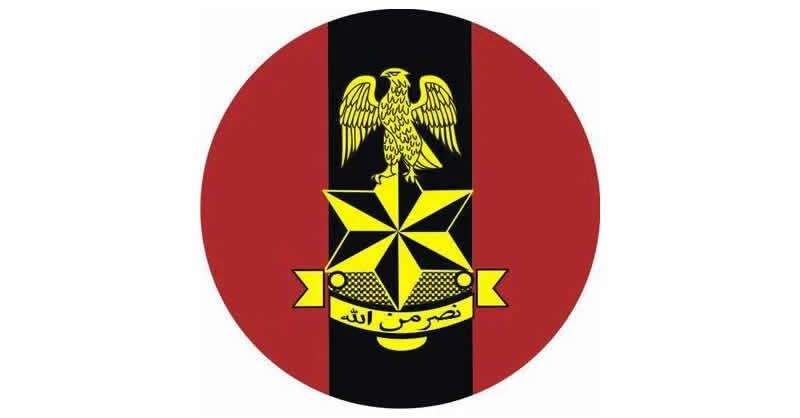Nigeria’s current account surplus rose to $5.28 billion in Q2 2025, up from $2.85 billion in Q1, reflecting increased resilience in the external sector and stronger foreign exchange inflows.
The Central Bank of Nigeria (CBN) disclosed this in a Frequently Asked Questions (FAQ) document published on its official website on Tuesday.
The bank also reported that gross external reserves climbed to $43.05 billion as of September 11, providing 8.28 months of import cover. This marks the highest reserve level in over six years, last nearing this mark on September 27, 2019, when reserves stood at $41.99 billion.
“The growth in external reserves boosts confidence among citizens, investors, and other economic stakeholders,” the CBN stated.
According to the CBN, the improvements are attributed to:
- Sustained exchange rate stability
- Tighter monetary policy
- A moderation in petroleum product prices
These factors have collectively contributed to a more favorable balance of payments outlook.
Between July 14 and September 1, 2025, external reserves increased by over $692 million, showing a consistent upward trend. As of September 25, reserves had surpassed the $42 billion mark, the first time since 2019.
President Bola Tinubu also acknowledged this growth in his Independence Day address on October 1, 2025.
Policy Adjustments to Support Liquidity and Inflation Control
The CBN also provided clarity on the recent reduction in the Cash Reserve Ratio (CRR) for commercial banks—from 50% to 45%—following a decision by the Monetary Policy Committee (MPC).
“The reduction aims to ease liquidity constraints on banks, allowing more room for productive lending and financial intermediation,” the CBN explained.
To manage excess liquidity from non-TSA public sector deposits, the MPC introduced a 75% CRR on those funds. The goal, the CBN said, is to prevent these deposits from fueling inflation and to preserve the momentum of disinflation.
The bank assured depositors that commercial banks remain fully capable of meeting all legitimate obligations, and that account holders maintain full access to their funds.
Balancing Stability and Economic Support
The CBN reaffirmed its dual commitment to taming inflation while supporting the real economy, particularly Micro, Small and Medium Enterprises (MSMEs).
“We are applying conventional monetary policy tools to anchor inflation expectations and ensure a stable, robust financial system,” it said.
As the lender of last resort, the CBN continues to provide short-term liquidity support to commercial banks through its Standing Lending Facility, helping maintain financial system stability and ensure banks can meet customer obligations.








